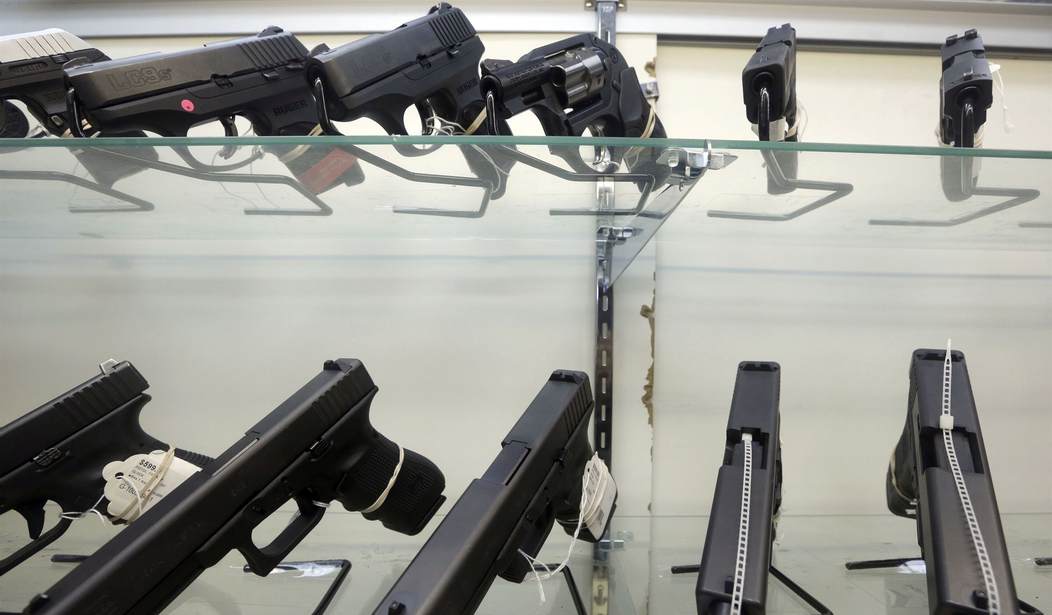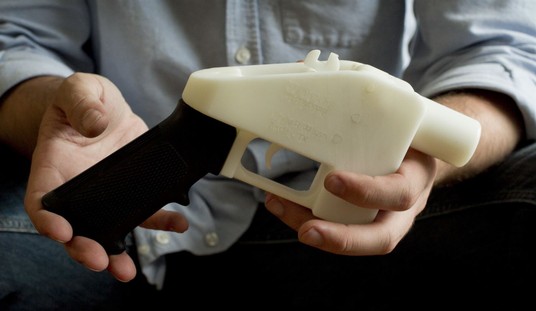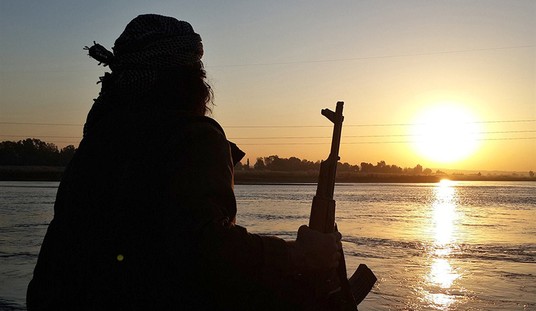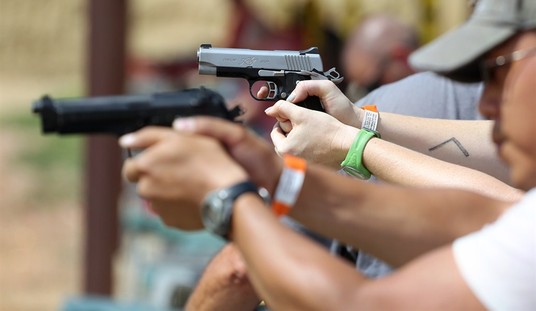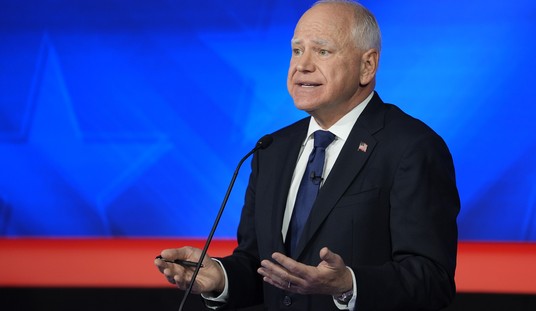There’s no argument about the rise in murders in Philadelphia over the past few years. After a record-high 500 homicides in 2021 the city is on pace for even more this year. But what’s driving the violence?
According to the New York Times, the answer is simple: it’s guns; both legally and illegally acquired.
The city government has rolled out an array of efforts to address the crisis, including grants for community groups, violence intervention programs and earlier curfews. But on one crucial matter, there seem to be no ready answers: what to do about all the guns.
“Everybody is armed,” said Jonathan Wilson, director of the Fathership Foundation, a nonprofit organization in Southwest Philadelphia that has been helping to conduct a multicity survey of young people’s attitudes about gun culture. “Nobody’s without a gun in these ZIP codes, because they’ve always been dangerous.”
In a recent news conference, Mayor Jim Kenney lamented that the authorities “keep taking guns off the street, and they’re simultaneously replaced almost immediately.” In fact, the problem is more drastic than that, according to a city report earlier this year. For every illegal gun seized by the police in Philadelphia between 1999 and 2019, about three more guns were bought or sold legally — and that was before a recent boom in gun ownership.
In Philadelphia over the past two years, as all around the country, the pace of legal gun sales surged, roughly doubling during the pandemic years. The number of firearm licenses issued in the city jumped to more than 52,000 in 2021, from around 7,400 in 2020.
You don’t need a license to own a gun in Philadelphia, despite what the Times indicates. What the paper is actually referring to are the number of concealed carry licenses issued by the city, and the reason why the numbers were abnormally low in 2020 is that the city put a halt to issuing carry licenses by first shutting down the police department’s Gun Permit Unit altogether, and then requiring an appointment to even drop off an application. As a result, thousands of legal gun owners were told they’d be waiting a year or more for the chance to apply for their carry license. That in turn led to multiple lawsuits against the city, which were ultimately settled when officials agreed to drop their restrictive policies.
While the paper’s focus on legal concealed carry is a red herring, the stats about legal gun sales versus illegal gun seizures is critically important because it demonstrates the utter futility of trying to increase public safety by reducing the number of firearms in the hands of law-abiding citizens. We live in a country that not only protects our right to keep and bear arms, but is home to somewhere between 80 and 100-million Americans who exercise those rights. 99.9% of them aren’t ever going to commit a crime of violence, yet they’re the primary target when it comes to a crime fighting strategy that revolves around inanimate objects and instead of the individuals who pull the trigger.
I find myself in the odd position of agreeing with Philly’s progressive prosecutor Larry Krasner, who told the Times that it doesn’t make sense for the city to try to arrest its way out of the problem by rounding up everyone who might be carrying a gun without a license.
“You can make massive numbers of gun arrests, and you do not see significant reductions in shooting,” he said in an interview.
There were no arrests in three quarters of last year’s fatal shootings, according to statistics provided by Mr. Krasner’s office, even as arrests for illegal guns soared to record levels.
Only a small fraction of the people who are arrested for carrying guns without permits are the ones actually driving the violence, Mr. Krasner said. He insisted that the city needed to focus instead on people who had already proven themselves to be dangerous, and to invest in advanced forensic technology to clear the hundreds of unsolved shootings.
“What is their theory — that rather than go vigorously after the people who actually shoot the gun,” Mr. Krasner asked, “that we should take 100 people and put them in jail, because one of them might shoot somebody?”
Well, no. The theory is that if someone is carrying a gun without a license then they should be arrested for violating the state’s concealed carry laws. And while I agree with Krasner that large numbers of arrests for carrying without a license doesn’t mean that cities will see even a modest reduction in violent crime, the problem with the prosecutor is that his office is prosecuting fewer violent crimes as well.
Murders have been on the rise each year of Krasner’s tenure. Yet since taking office in 2018, Philadelphia has seen drastic declines in conviction rates for serious crimes, including fatal shootings, armed robberies, aggravated assault, and illegal gun possession. Between 2015 and 2021, only 21% of the nearly 9,000 shootings in the city led to criminal charges; fewer than one-tenth of those charges resulted in convictions.
The key to reducing violent crime in Philadelphia is ensuring that there are consequences, and that simply isn’t happening at the moment, as a report issued by the city’s Office of the Controller earlier this year makes abundantly clear.
Between 2015 and 2020, the number of fatal shooting victims increased by 93%, with a total of 447 fatal shootings in 2020. This dramatic increase in fatal shooting incidents outpaced the number of fatal shooting arrests made by the police, which increased from 93 in 2015 to 146 in 2020. As a result, clearance rates[1] for fatal shootings declined from 41% to 37% over this period…
In 2015, clearance rates for non-fatal shootings were already low at 27%. As non-fatal shooting victims increased by more than 80% from 2015 to 2020, clearance rates continued to decline. The clearance rate reached a low point in 2020, when only 19% of non-fatal shooting incidents[2] were cleared by the PPD. This clearance rate translates to nearly 1,500 non-fatal shooting incidents for which no arrest was made in 2020.
Criminals are getting away with murder more than half the time, and if 4 out of 5 non-fatal shootings never end in an arrest, it shouldn’t come as a surprise that violent criminals believe they can act with impunity. Philly’s crime problem isn’t a result of the city being “awash in guns.” Instead, its the sheer number of criminal acts that go unpunished that’s creating a literal death spiral, and the best way to break this cycle is to prioritize the arrest and prosecution of the most violent and prolific offenders.

